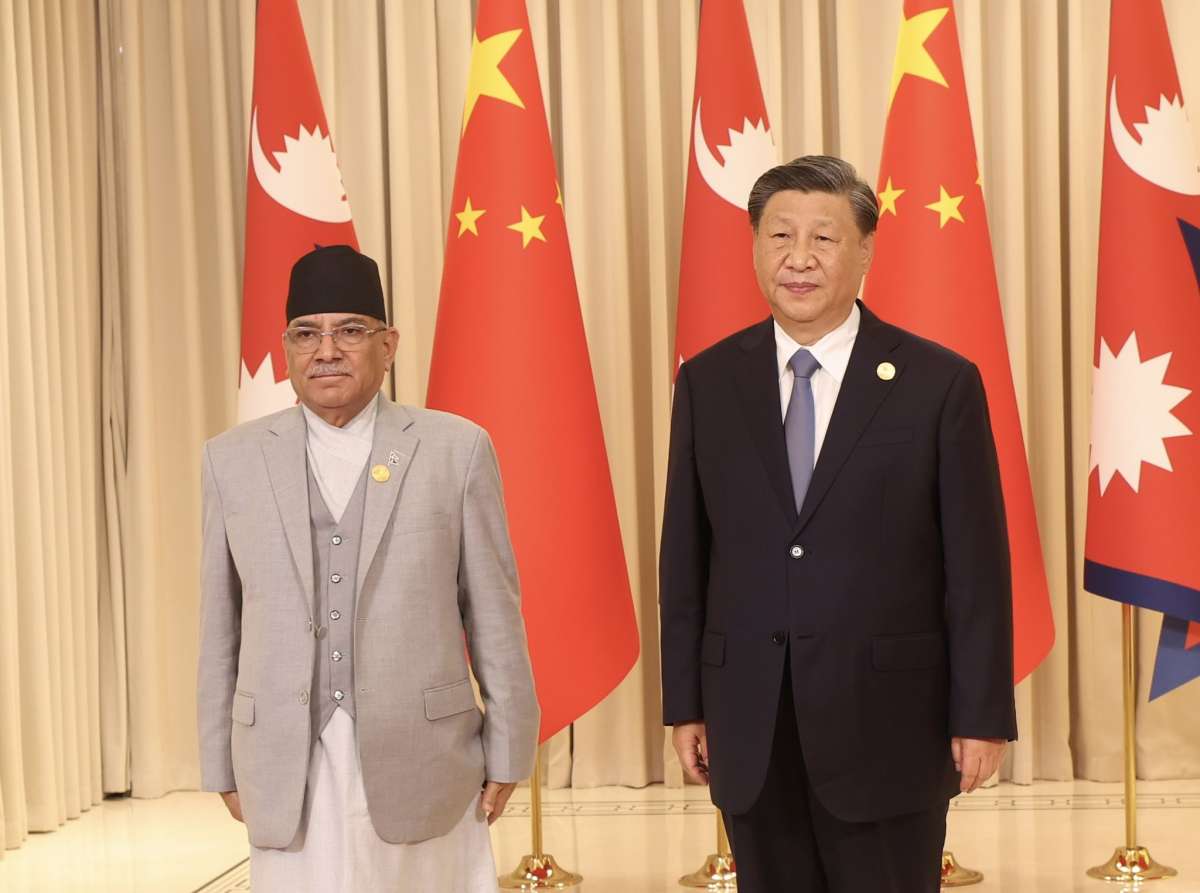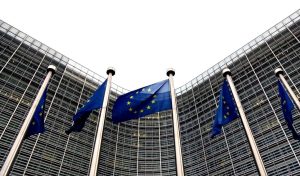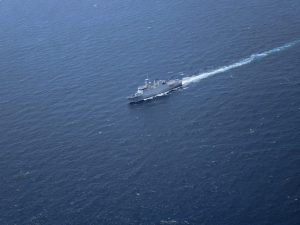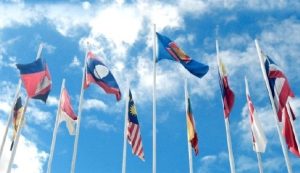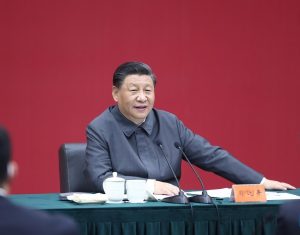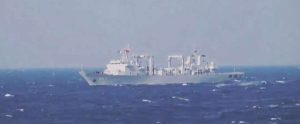The two sides acknowledged the signing of the memorandum of understanding between the governments of Nepal and China on bilateral cooperation…reports Asian Lite News
Nepal’s Prime Minister Pushpa Kamal Dahal ‘Prachanda’ emphasized that his recent trip to China has significantly bolstered mutual trust and played a pivotal role in solidifying the longstanding bonds between the two neighbouring nations.
Addressing Parliament, the 68-year-old leader highlighted that his dialogues with Chinese President Xi Jinping and Prime Minister Li Qiang during the visit have elevated Nepal-China relations to unprecedented levels.
Meanwhile, upon arrival at the Tribhuvan International Airport, Dahal did not speak about Chinese President Xi Jinping’s flagship project Belt and Road Initiative, Nepal-based The Kathmandu Post reported.
Both the 40-point press note issued in Kathmandu and the question-answer session with journalists found no mention of the BRI as Pushpa Kamal Dahal said nothing regarding his discussion with the Chinese leaders on executing some projects under the BRI, according to The Kathmandu Post report.
According to the press note, discussions took place on connecting Nepal and Tibet through railway, road, air service, transmission line and information highway, putting the project under the Trans-Himalayan Multidimensional Connectivity Network. However, BRI was mentioned in the joint statement released on September 27.
The two sides acknowledged the signing of the memorandum of understanding between the governments of Nepal and China on bilateral cooperation under the framework of the Belt and Road Initiative on 12 May 2017. According to the statement, the two nations expressed their commitment to accelerating the consultations to finalise the text of the BRI Implementation Plan at an early date.
Before his visit to China, Nepal’s PM had publicly announced that he would discuss about BRI implementation plan in Beijing. He had also stated that Nepal would seek a Chinese grant for a mega project. However, it was not mentioned in the joint communique and press statement released on Saturday.
Dahal said he had taken up the issue of Nepal’s new map in Beijing without giving further details. On August 26, China released its “2023 edition of the standard map of China” that did not use the new Nepal map issued in May 2020.
In the weeks since, there have been calls to take up the matter with the Chinese side. The International Relations and Tourism Committee of the House of Representatives also asked the Nepal government to call on the Chinese authorities to use the new Nepal map instead of the old one.
Nepal’s Foreign Secretary Bharat Raj Paudyal then called Chinese Ambassador Chen Song to the ministry and expressed Nepal’s concerns regarding the map and some controversial remarks on Nepal-China relations by the envoy, according to an official at the prime minister’s private secretariat.
In response to a question, Nepal’s PM said, “We had already discussed the map issue with the Chinese side. It figured during my visit too.”
In a statement issued on September 1, Nepal’s Ministry of Foreign Affairs said that the country’s stance stands firm on its political and administrative map unanimously approved by Parliament in 2020. However, the map issue was not mentioned in the joint communique or any statements released by Nepal’s Ministry of Foreign Affairs, the prime minister’s private secretariat and the Nepali Embassy in Beijing.
Nepal PM Pushpa Kamal Dahal said an understanding was reached between Nepal and China to open all checkpoints that were in operation before the coronavirus pandemic.
Dahal departed for New York on September 16 to attend the 78th session of the UN General Assembly. During his visit, he participated in bilateral meetings with some foreign leaders on the sidelines of the UNGA in New York.
He said that Nepal’s participation in the UNGA had worked towards getting international support for taking the remaining tasks of the peace process to a logical conclusion. After concluding his visit to New York, he travelled to China.
During his visit, he attended the opening ceremony of the 19th Asian Games and held talks with Chinese President Xi Jinping. He also met his Chinese counterpart and witnessed the signing of 12 bilateral agreements and pacts. (with inputs from agencies)
